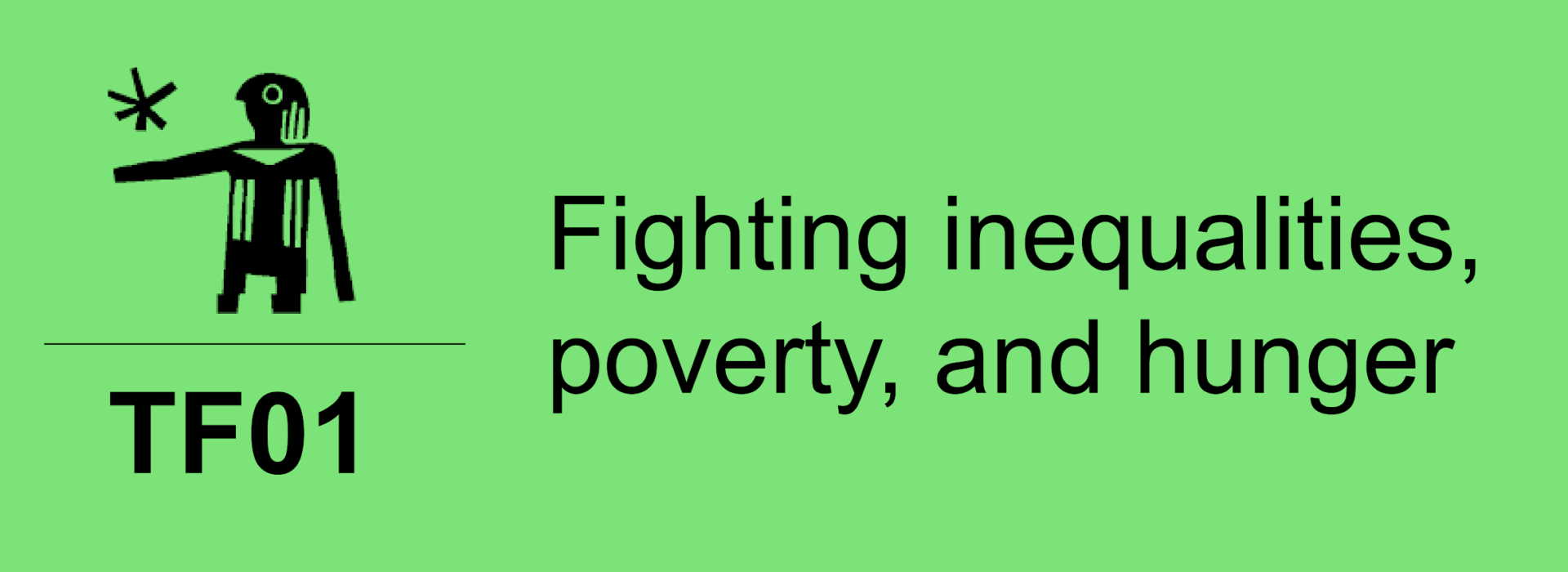Over the last decades, Latin America has advanced significantly in reducing hunger and malnutrition. Examples from the region have proven that implementing the set of policies aimed at reducing inequalities, poverty, and hunger must articulate immediate emergency actions for alleviating hunger and structural policies to reduce their causes to break the intergenerational transmission of poverty and inequalities. Additionally, from a rights-based perspective, tackling hunger means providing regular physical and financial access to healthy, nutritious, sustainable, and culturally appropriate foods. In Brazil, for example, the success of reducing poverty, hunger, and malnutrition was based on policy priorities by the central government and the strong governance of intersectoral public policies, with the active participation of civil society from the local to the national level. As part of this governance, at the government level, the articulation and coordination of rights-based public policies allow synergic interventions targeted to vulnerable populations that increase the effectiveness of policies. These policies also articulate different Sustainable Development Goals and support the transformation of food systems by integrating actions for eliminating poverty with ensuring income to families, guaranteeing access to health and education, fostering local food production, and providing a market to producers through food procurement policies. Therefore, they help address the effects of the syndemic of malnutrition, obesity, and climate change from the local to the national level. However, the recent global and regional crisis caused by wars and the COVID-19 pandemic significantly affected food and nutrition security, together with political setbacks in many countries that undermined the policy priority and the governance of social and economic policies. This demands a call for action to the countries of the G20 to prioritize the global commitments on reducing inequalities, poverty, and hunger politically and financially and to protect and expand the rights-based regional and national policies through multilateral technical collaboration and financial support for countries and global institutions.
Register for Updates
Would you like to receive updates on the Global Solutions Initiative, upcoming events, G7 and G20-related developments and the future of multilateralism? Then subscribe here!
1 You hereby agree that the personal data provided may be used for the purpose of updates on the Global Solutions Initiative by the Global Solutions Initiative Foundation gemeinnützige GmbH. Your consent is revocable at any time (by e-mail to contact@global-solutions-initiative.org or to the contact data given in the imprint). The update is sent in accordance with the privacy policy and to advertise the Global Solutions Initiative’s own products and services.









